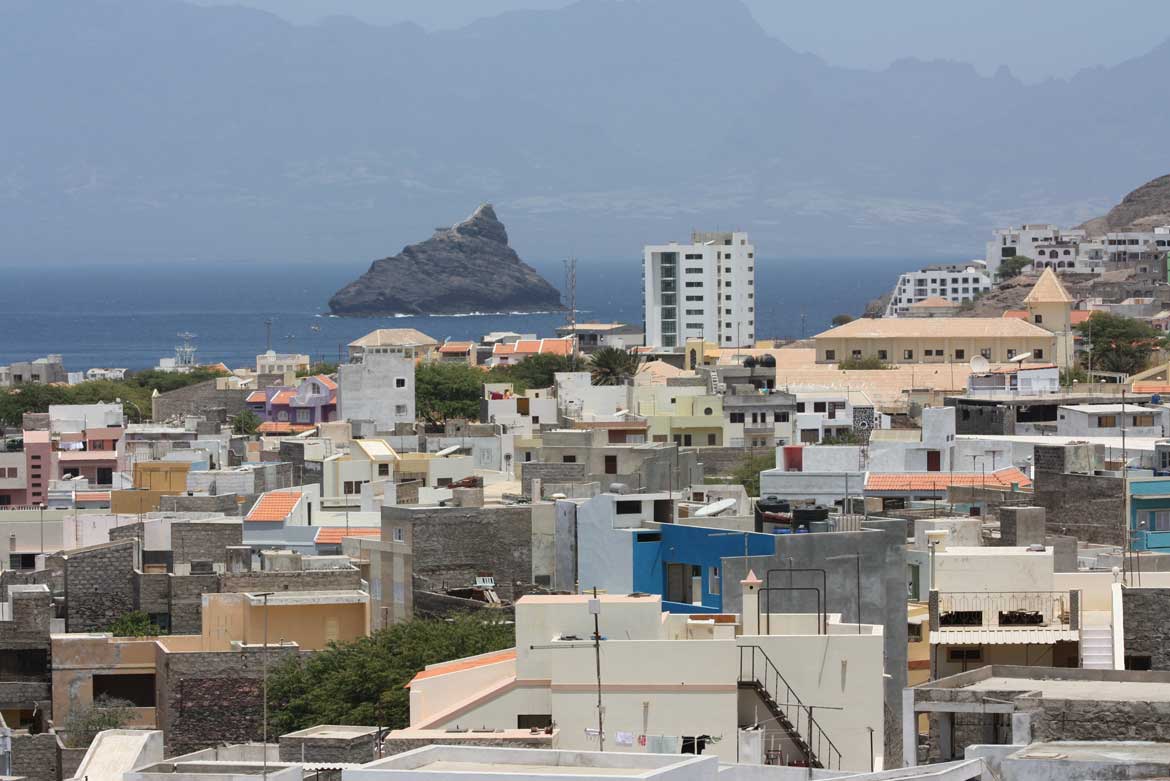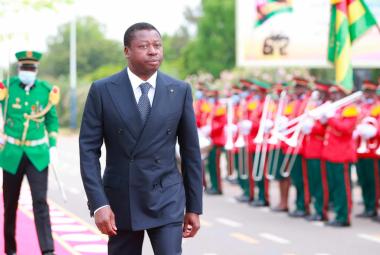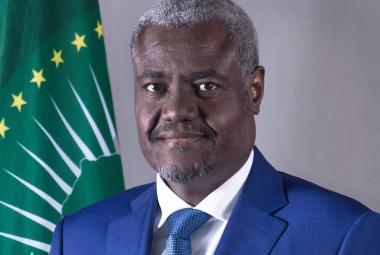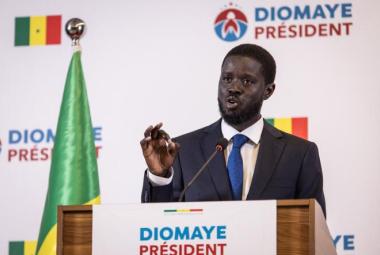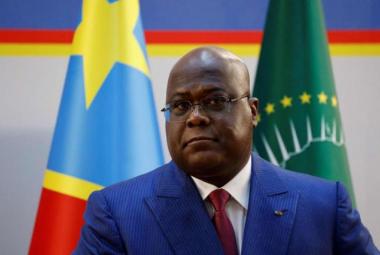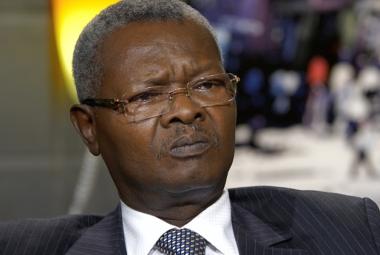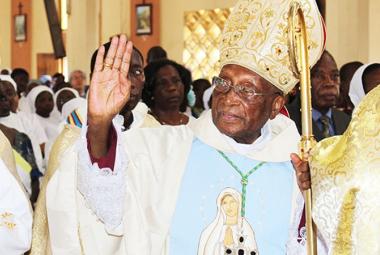Cape Verde is not only a haven of peace in Africa but also an island of democracy on a continental scale. Due to its socio-political stability and the timely holding of its various elections in accordance with the principles of political pluralism and the rule of law.
During his electoral campaign, Prime Minister Ulisses Correia e Silva was indeed right to proclaim: “Stability is our oil, our diamond”. A candidate for his own succession after his first election as Prime Minister in 2016, he was re-elected in the 2021 legislative elections under the banner of the Movement for Democracy (MpD). Indeed, the MPD obtained 36 of the 72 seats in the National Assembly, the PAICV 29, and the UCID four. Many other political parties have failed to get their candidates elected.
Cabo Verde approached the democratic shift almost at the same time as Benin Republic at the end of the 1980s. And the two countries have long been models in Africa. Unfortunately, Benin Republic has since gone seriously off track in terms of democracy.
Like all African countries at the end of the period of colonization, this former Portuguese colony, independent in 1975, first experienced the Single Party. Then, thanks to pro-democratic movements, it resolutely committed itself to the path of democracy in 1990. With the establishment of the multi-party system and the organization of the first democratic elections, the country's leaders are already setting themselves as exemplary. Thanks to the wisdom and foresight of leaders like former President Aristides Maria Pereira and first President of independent Cabo Verde from 1975 until 1991. Under the banner of the African Party for the Independence of Guinea and Cape Verde (PAIGC).
The archipelago is the only one to escape the political syndrome of African countries in electoral processes and the exercise of the rule of law. In the rest of Africa, it is difficult to imagine elections without at least protests or without serious socio-political crises. But it has managed to protect itself from it since 1990 to date. In this country governed by a legislative power, the Prime Minister and Parliament are the institutions that make democracy work. A choice of system which makes the President of the Republic, Head of State, above all a role of arbiter of the national political game. Responsible for appointing the Prime Minister based on the result of the legislative elections, as in certain Republican Monarchies in Europe. The political system of Cabo Verde makes it a semi-presidential regime. It is like that of Portugal, the former colonial power. The only difference, however, lies in the fact that, while concentrating most of the powers in his hands, the President has the power to dismiss the Prime Minister's government. This is the specificity of the Cabo Verdean semi-presidential regime since the beginning of the Democratic Renewal initiated in 1991 at the same time as Benin Republic.
One is entitled to ask himself the question of why Cabo Verde is the most democratic country in Africa. And the answer is most likely to be found in this response made by Gilles Yabi, head of the Wath think tank at RFI:
" Indeed. And the rather parliamentary nature of the Cabo Verdean political regime is not the only explanation. When we examine the country's constitution, the desire to create a balance between all poles of power and to force actors to favor collegiality in decision-making is evident. One of the main institutions of the country is the Council of the Republic. In addition to the President of the Republic, this institution brings together the President of the National Assembly, the Prime Minister, the President of the Supreme Court, the Attorney General of the Republic, the President of the Council for Regional Affairs, two citizens chosen by the President of the Republic and two citizens elected by the National Assembly. Even though its deliberations are not binding, the president is obliged to convene this body before making the most important policy decisions. So no, it is not only because Cabo Verde is a sparsely populated archipelago that its political governance is democratic and peaceful. No one is forbidden from looking for some sources of inspiration there.”
Coups d'Etat, Third mandates and other constitutional revisions which call into question the exercise of democracy and the existence of the rule of law in Africa do not seem to concern Cabo Verde. The archipelago continues its merry way in terms of democracy. And, for that alone, he deserves a good “Democracy Bonus”.
By Jean Kebayo



